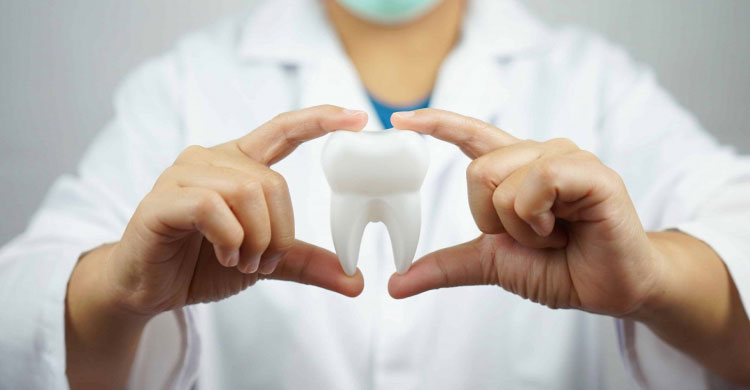
Blog Posts
RECENT BLOG POST


04 Aug 2021


10 Aug 2021


10 Aug 2021


By Dr. Aastha Chandra

10 Aug 2021
Ageing And Dental Health
Ageing occurs in all of the body’s cells, tissues, and organs. These changes affect all parts of the body, including the teeth and gums. Certain health conditions that are more common in older adults and taking certain medicines can also affect oral health.
There are certain oral health problems which are more predominant in people of older age groups. These are as follows:
- Dry Mouth: This can occur because of age, medicine use, or certain health conditions. Many medicines which are used to treat high blood pressure, high cholesterol, depression etc are the most common cause of dry mouth. Health conditions like diabetes and the side effects from cancer treatment can also contribute towards a dry mouth.
Saliva plays an important role in maintaining oral health. It protects your teeth from decay and helps your gums stay healthy. When the salivary glands in your mouth don’t produce enough saliva, it can increase the risk for problems in tasting and chewing, mouth sores, tooth decay or yeast infection (thrush) in the mouth.
- Gum Problems: A lifetime of brushing too hard, or due to natural causes, the gums pull away from the tooth (gum recession), thus exposing the base and root of the tooth. Gingivitis (swelling of gums) which can occur due to the plaque and tartar build up is also common in people of this age group. Certain other conditions and causes like not brushing properly, not getting regular dental care, diabetes, dry mouth and a weak immune system also increases the susceptibility to gingivitis.
- Cavities: Because older adults often have receding gums, cavities are more likely to develop at the root of the tooth. Dry mouth also causes bacteria to build up in the mouth more easily, leading to tooth decay.
Certain ways to protect your teeth and gums in order to avoid the above mentioned complications are as follows :-
- Brush twice a day with a soft-bristle toothbrush and fluoride toothpaste.
- Floss at least once a day.
- See your dentist for regular check-ups.
- Avoid sweets and sugar – sweetened beverages.
- Do not smoke or use tobacco.
Please make sure to call your dentist at the earliest if you are suffering from tooth pain, red or swollen gums, bad breath, mouth sores, red or white patches in the mouth, mouth sores or poorly fitting dentures.

